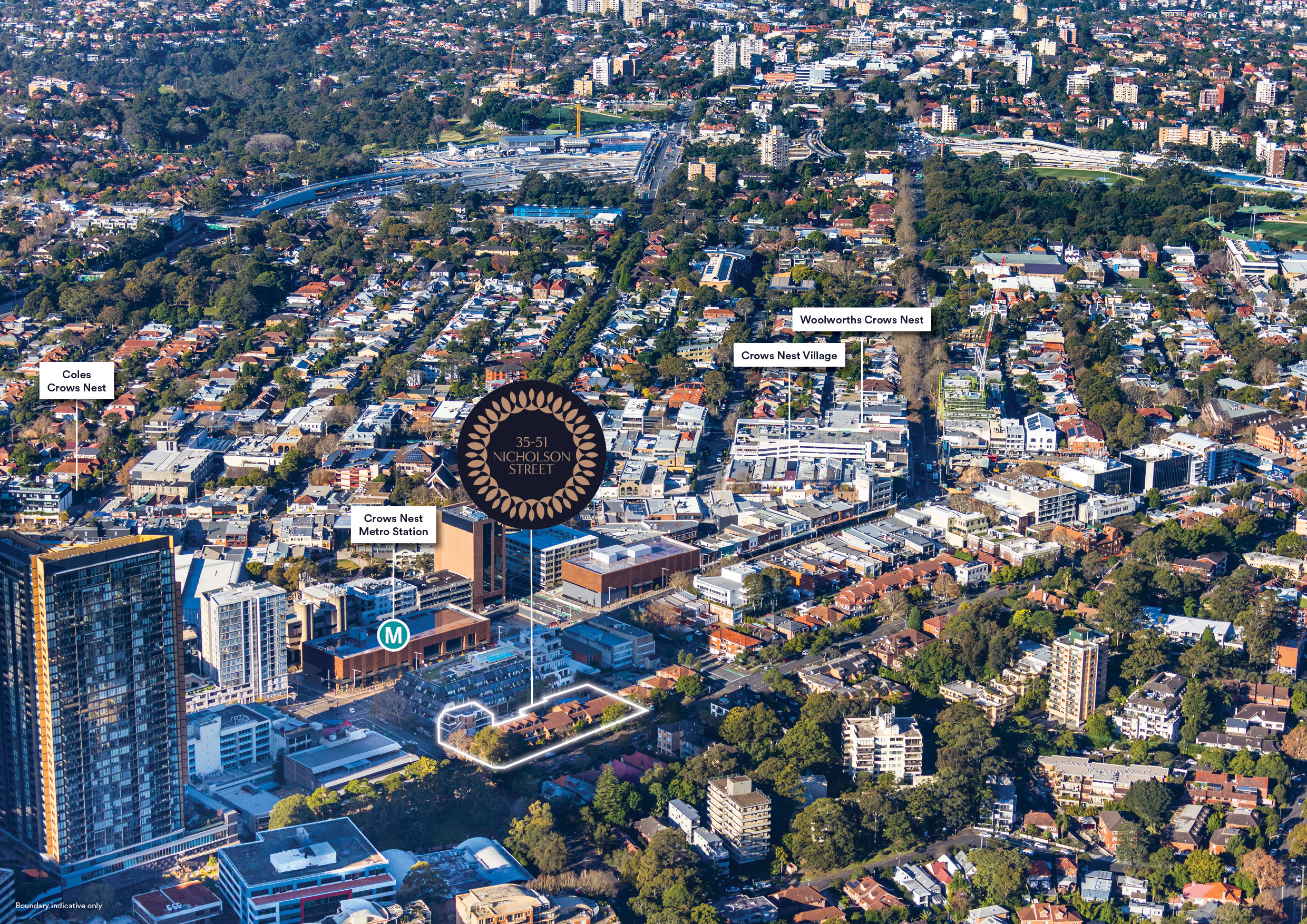The Evolving Landscape of Hotel Management Agreements in Asia Pacific
Rebalancing of power between hotel owners and operators
The Asia Pacific region has witnessed significant changes in hotel management agreements (HMAs) over the past two decades. We continue to see the rebalancing of power between owners and operators in various areas in the HMAs. Hotel owners have increasingly been able to secure lower management fees, non-performance provisions, and retaining approval rights on key operational matters. Operators in turn have been successful in limiting owners’ termination provisions and imposing non-negotiable system fees across the network.
Based on JLL and Baker McKenzie’s detailed analysis of around 400 hotel management agreements in total since the early 2000s, this article delves into key trends shaping the region's hospitality industry, highlighting the changing dynamics of management agreements and their impact on ownership, branding, and profitability.
Extended Contract Lengths
Over the years, the average length of hotel management agreements in Asia Pacific has seen a notable increase, now standing at 17 years compared to 13 years in 2005. However, significant variations exist across the region. Luxury hotel developments in the Maldives and Japan have witnessed longer average contract lengths of 26 and 23 years, respectively, as operators seek to secure their long-term presence in the markets. On the contrary, Australia favours shorter terms of around 15 years, driven by a preference for unencumbered asset sales and more flexibility in ownership.
Looking for more insights? Never miss an update.
The latest news, insights and opportunities from global commercial real estate markets straight to your inbox.
Changing Fee Structures
While average base fees have experienced a slight decline from 1.7% to 1.6% of revenue, incentive fees have steadily declined through the years, reaching 6.6% of gross operating profit (GOP) or adjusted GOP in our latest 2024 survey. Incentives fees are also increasingly being tied to performance against GOP thresholds. This shift rewards operators to deliver stronger profitability, aligning their interests with those of the hotel owners.
While management fees decrease, there has been a rise in sales and marketing fees. Fees above 3% of Room Revenue increased by 32 percentage points from the 2018 survey, whilst fees above 3% of Total Revenue rose by 16 percentage points. The opacity and complexity surrounding these fees have raised concerns among owners, creating a need for greater transparency and comparability across brands.
Performance Terminations
A significant shift in the past two decades is the growing inclusion of performance termination provisions in management contracts, with 93% now incorporating these. These provisions typically rely on one or two performance criteria: comparing Revenue per Available Room (RevPAR) against a competitive set and comparing Gross Operating Profit (GOP) against budget, usually evaluated over two consecutive years. These provisions allow owners to terminate operators based on poor performance and to seek an alternate operating solution. Whilst now more prevalent, terminations are rare, and it is crucial for owners to carefully scrutinise the mechanism and exclusion provisions to determine their effectiveness.
Key Money Contribution
The practice of key money contribution, whereby operators make upfront payments to secure hotel management rights, has been on the rise in the past two decades. Currently, 35% of contracts in the Asia Pacific region include key money clauses, though market-dependent variations exist. Australia boasts the highest rate at 65%, while China and India lag with fewer contracts incorporating key money. As the industry evolves, North Asia and Southeast Asia are expected to witness a surge in key money contributions, particularly in the context of conversions and rebranding as operators seek to bolster their brand pipelines amidst reduced greenfield hotel development. While key money contributions generally give operators “skin in the game”, the owners should ensure that the other commercial terms are not compromised, and the operator is capable to maximize the hotel’s operational performance.
Outlook: HMA Trends in the Next Decade
While we see movement across various commercial terms in Hotel Management Agreements over the last 20 years, we expect further changes in the next decade as the operating landscape in Asia Pacific evolves.
Incorporation of franchise arrangements in the HMAs are expected to rise with the growth of white-label operators in the region, coupled with hotel owners looking for more control. ESG (environmental, social, and governance) provisions will be integrated into management contracts to align interests of both Owners and Operators with the latest guidelines from the government, regulatory authorities and industry organisations.
Termination provisions will continue to be a key point of negotiation as higher liquidity and hotel sales in Asia put a significant premium on vacant possession (terminable HMA) assets. A middle ground needs to be sought on providing Operators the assurance of undisturbed operations while providing Owners with flexibility on their divestment options.
Investment Opportunities
Considerations for Hotel Owners
The hotel industry in Asia Pacific has experienced significant changes in the way hotel management agreements are structured. This includes shifts in contract durations, fee arrangements, termination provisions, and financial contributions.
These changes, as well as increasing complexity in elements such as distribution, loyalty and brand attraction; have made selecting a hotel operator more complex. The market now offers a wide array of brands and operators, each with its own unique strengths and weaknesses. Owners must carefully evaluate the capabilities, support, and operating track record of potential operators – and critically select an operator that shares their values and vision for their asset.
Furthermore, negotiating hotel management contracts requires a keen understanding of the nuances involved. It is essential to consider not only the terms related to fees and contract duration but also the limitations and exclusions on the owner's rights. Additionally, certain mandatory system fees may be imposed by operators. These fees cover various services, technology platforms, and support systems provided by the operator and must be carefully evaluated during the negotiation process.
Given the complexities and high stakes involved in hotel operator selection and negotiation, it is important to have the support of experienced advisors and lawyers to ensure that your interests as a hotel owner are protected while creating the platform for a successful partnership.
Contact Kai Siang CHO
Senior Vice President Advisory & Asset Management Asia JLL Hotels & Hospitality GroupWhat’s your investment ambition?
Uncover opportunities and capital sources all over the world and discover how we can help you achieve your investment goals.




